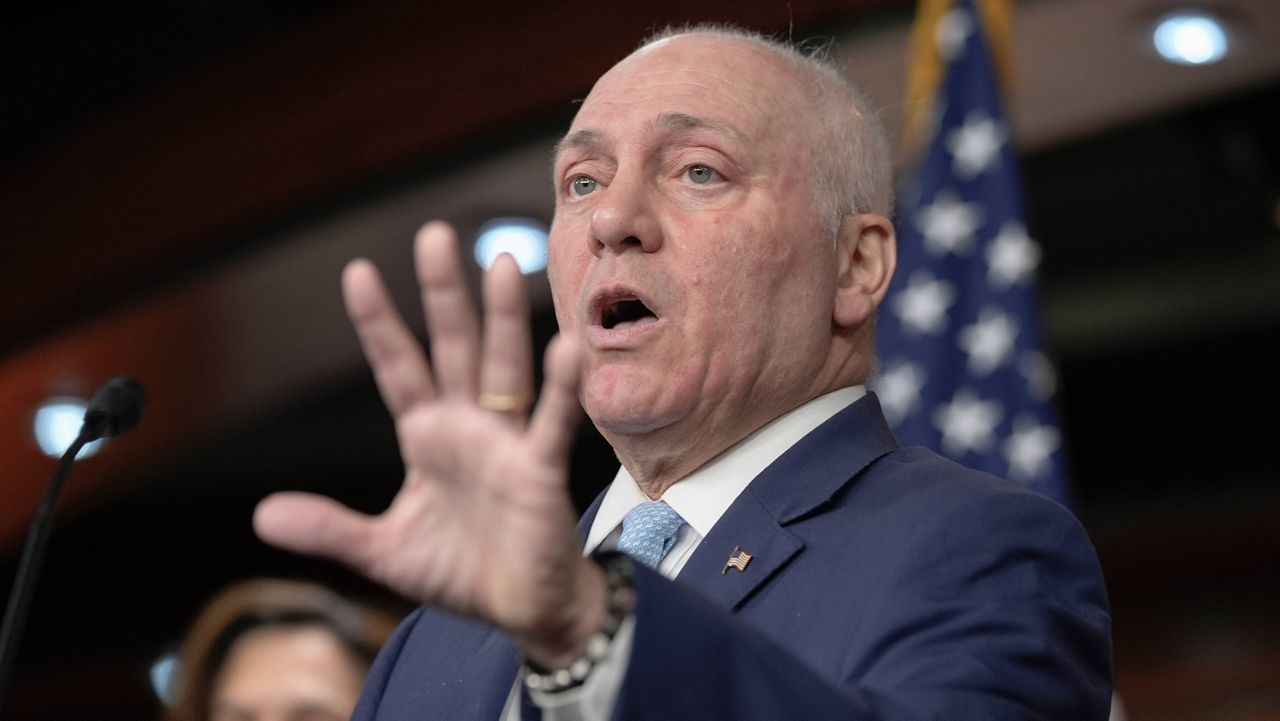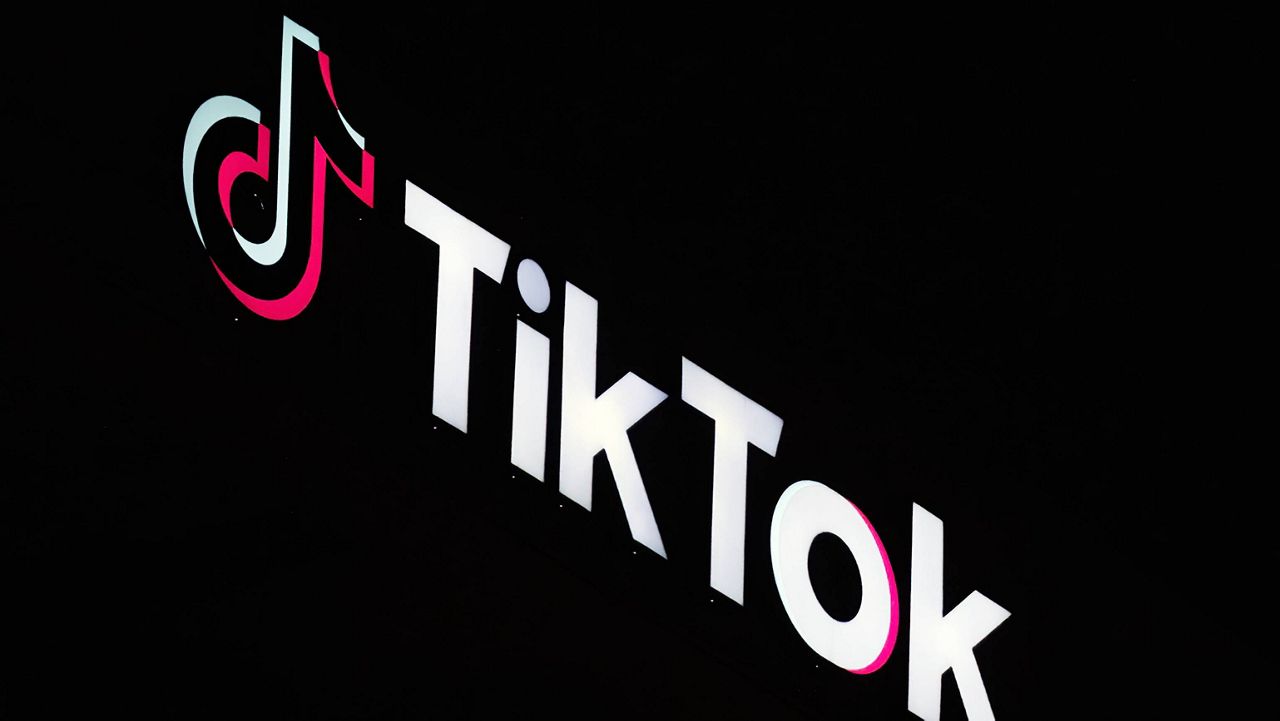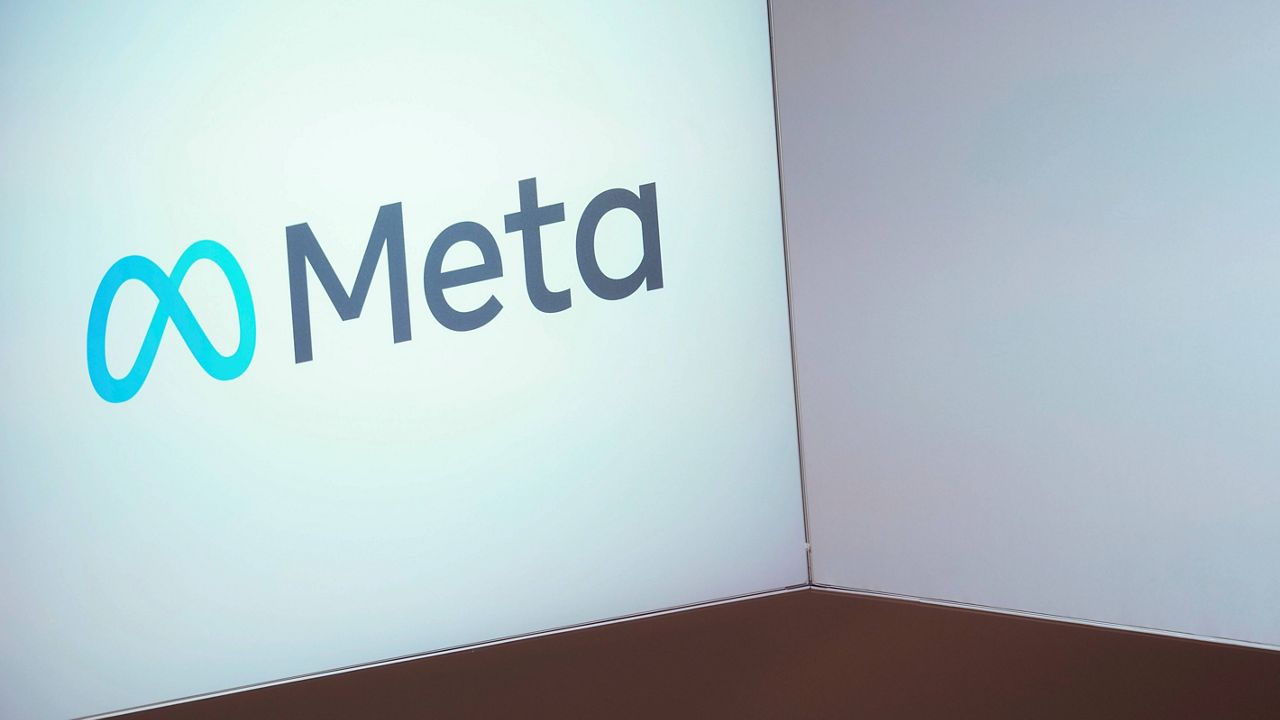House Republicans appeared resistant in a closed-door meeting Thursday to supporting regulation for the artificial intelligence industry, a source familiar with the discussions told Spectrum News.
What You Need To Know
- House Republicans appeared resistant in a closed-door meeting Thursday to supporting regulation for the artificial intelligence industry, a source familiar with the discussions told Spectrum News
- House Majority Leader Steve Scalise, R-La., met Thursday with committee chairs and GOP members of the House’s AI task force
- Concerned about the potential of stifling innovation, the chairs of the relevant committees expressed concern about regulating AI now, the source said
- President Joe Biden, members of Congress and even AI industry executives have called for government regulation, but also finding the right balance so that innovation is not compromised
House Majority Leader Steve Scalise, R-La., met Thursday with committee chairs and GOP members of the House’s AI task force.
Concerned about the potential of stifling innovation, the chairs of the relevant committees expressed concern about regulating AI now, the source said. It was clear House Republicans won’t support any legislation that would create new agencies, establish new licensing requirements, spend money on research and development, lead developers to face increased litigation, favor one technology over another, or create burdens on new developers, according to the source.
GOP members of the House will stand with innovators and against what they call Democrats’ pursuit of government overreach on AI, the source said.
“Ultimately, we just want to make sure we don’t have government getting in the way of the innovation that’s happening," Scalise told Punchbowl News. "That’s allowed America to be dominant in the technology industry, and we want to continue to be able to hold that advantage going forward."
Conservative lawmakers also raised concerns in the meeting about President Joe Biden’s executive action last year on artificial intelligence and a report issued last month by the Senate’s bipartisan working group on AI.
In October, Biden signed a sweeping executive order which, in part, directs agencies to use their existing regulatory powers to mandate new requirements for AI companies in the absence of Congress sending legislation to Biden’s desk.
The Senate working group’s report offered a policy roadmap for AI regulation as well as investing in the technology to accelerate research and development. The four-member panel said regulation could minimize AI risks such as bias, job displacement and privacy invasion.
“Last year, Congress faced a momentous choice — either watch from the sidelines as artificial intelligence reshaped our world or make a novel, bipartisan effort to enhance but also regulate this technology before it was too late,” Senate Majority Leader Chuck Schumer, D-N.Y., one of the members of the working group, said on the Senate floor last month. “Our Policy Roadmap for AI is the first, most comprehensive, most bipartisan, and most forward-thinking report on AI regulation ever produced by Congress.”
Artificial intelligence is being celebrated by some as revolutionary technology that could reshape many aspects of life — everything from searching the internet to curing diseases. But some argue it could also steal people’s jobs, be used to promote disinformation or spiral out of the control of humans if systems are allowed to write and execute their own code.
AI has been around for years but exploded in the mainstream last year with the pubic release of chat bots, image generators and other tools.
Biden, members of Congress and even AI industry executives have called for government regulation, but also finding the right balance so that innovation is not compromised.
In a Senate hearing last year, Sam Altman, CEO of OpenAI, told lawmakers “regulatory intervention by governments will be critical to mitigate the risks of increasingly powerful models.” Altman added, “If this technology goes wrong, it can go quite wrong.”
Altman and Microsoft President Brad Smith are among those who have said they support the creation of a new government regulatory agency.
Some in Washington have said they want to avoid repeating the same sort of mistakes the federal government made by acting too slowly to regulate social media.
“They [social media companies] ran away from regulation,” Sen. John Hickenlooper, R-Colo., said during a Punchbowl News event this week. “And once that horse is out of the barn, it's obviously very hard to regulate corporations when they've become so large and so powerful.”
Ryan Chatelain - Digital Media Producer
Ryan Chatelain is a national news digital content producer for Spectrum News and is based in New York City. He has previously covered both news and sports for WFAN Sports Radio, CBS New York, Newsday, amNewYork and The Courier in his home state of Louisiana.








